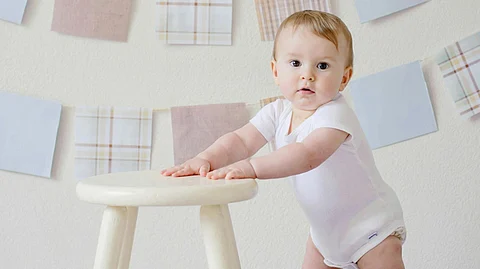Think about it: a baby sees someone hurt or sad, and their natural instinct is to offer comfort. This early empathy is the core of what makes them good moral decision-makers, even before they can understand language or complex reasoning.
What Does This Mean for Us?
If babies are born with a sense of morality, it means the way we raise them matters more than ever. As parents, caregivers, and educators, we have the unique opportunity to encourage these innate moral instincts. By teaching kids to share, show kindness, and care for others, we can help shape them into adults who understand fairness, compassion, and empathy.


